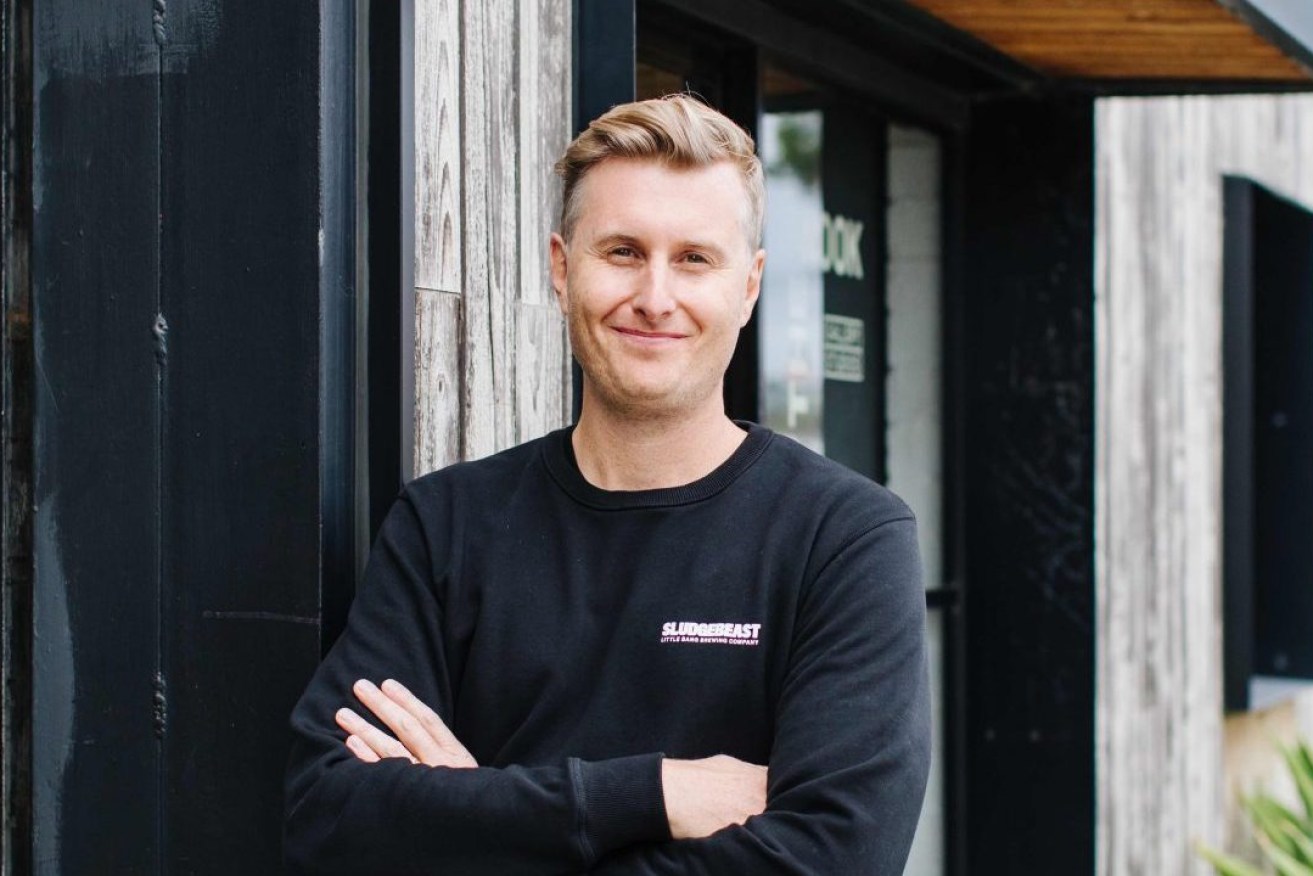For Adelaide’s Chris Hoffmann, the pandemic caused a rethink at the Australian startup where he was working, delivering internships for university students in the world’s best-known innovation cities.
With travel to San Francisco, Tel Aviv and elsewhere off the cards, Hoffmann said HEX founder Jeanette Cheah and the team had to “flip all of our hyper-intensive, immersive global experiences and recreate the magic through an online summit”.
In the process of restarting the three-year-old business, Hoffmann took on the role of chief growth officer and came onboard as a cofounder, alongside Cheah and Jaclyn Bensted.
Today, HEX is making its mark in EdTech, serving not only university and gap year students globally, but also young corporates and secondary students from year 10 onwards.
While his cofounders are based in Melbourne, Hoffmann is firmly planted here with his wife, Caitlin Senior, and their two Adelaide-born children. The native Californian works out of the University of Adelaide’s ThincLab and has lived here for the past 10 years since moving from New York, although he said “his brash American accent” has “softened up a little bit”.
During the pandemic, HEX engaged their global network of tech leaders and other innovators to be the instructors for their live, 24/7 experience.
“You could be in Australia, getting pitch coaching out of Silicon Valley, learning how to prototype from people in Singapore, or hearing from a Grammy nominee in London about the impacts of COVID on the arts,” Hoffmann said.
Live streaming out of twelve countries, the summit ultimately morphed into today’s university-accredited course in innovation and future-focused skills.
This point is important said Hoffmann, who likened HEX to a trojan horse, supplementing the educational offering of the universities with a highly-desirable complement, rather than competing with them.
“Our secret weapon was we were able to convince the universities to count it as academic credit, so kids could be taking these really unique experiences and make it part of their degree,” he explained.
“We were able to create a scalable online solution for [everyone] to learn directly from industry and companies like Seek and Atlassian – where the actual instructors or mentors teach the very people they could hire.”
The benefits for students are obvious: they develop the skills, mindset and valuable networks to drive innovation, particularly in tech companies, and have a testing ground for their own business ideas – all while gaining university credit.
It is a model that Hoffmann says is not only highly scalable but globally unique.
He said being based in Adelaide offered him advantages over Melbourne and Sydney, including a sense that there is so much more opportunity to come.
EdTech is booming, thanks to the pandemic forcing the rapid adoption of online learning. The sector is projected to reach a market size of US$404 billion in 2025, more than double its pre-COVID value.
Some of this spend will come from educational institutions building their online learning infrastructure, and the sector is also exploiting lucrative new markets – think tutoring for school students or employee-led learning.
Hoffmann is keen for the launch of the Digital Technologies Academy at Lot Fourteen and its impact locally, particularly when he considers its potential for his own children. It is another reason he and Caitlin, who is researching equity in education for her PhD, choose to live in Adelaide, even while his work is global.
South Australia’s education system is another positive for his work.
“I met with the SACE Board and compared to other school system’s, South Australia is the most flexible and, I’d probably say, progressive curriculum [which] allows it more than other states to integrate innovative learning and hybrid experiences through the high school system,” he said.
He said the big growth opportunity for HEX is with international students who are considering their post-school options.
“We can be their first semester,” he said.
“We want a student in India who’s thinking, ‘hey, should I study in India? Should I study in South Australia? Should I launch a business? What should I do?’ We want them to study with HEX.
“We’re able to have companies like Atlassian be the ones who are teaching these students, and then we can on-ramp them into a university.
“We can [say to students], ‘here are the universities that value you being innovative and financially savvy, knowing yourself and your values, and already having industry connections that they want’.
“We have the opportunity to be a funnel of next gen leaders, innovators and founders. And by us partnering with universities who accept our education, we can be the best talent pipeline into higher education globally.”






